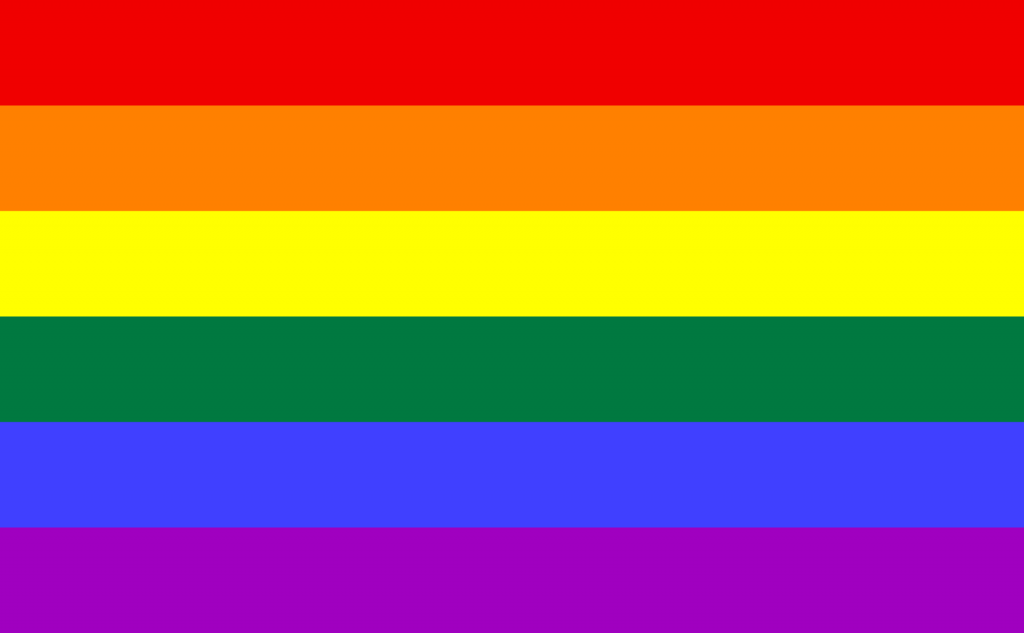The celebrations of the International Day Against Homophobia and Transphobia (IDAHOT), last 17 May, left a bitter taste. Like other populations suffering from structural discrimination and stigma, LGBTI persons are amongst the most affected by the COVID-19 crisis.
Before COVID-19: what LGBTI rights and experiences?
The impact of the crisis is inevitably correlated to the preexisting conditions under which LGBTI people were living. In this regard, reports published by ILGA Europe and the European Union’s Fundamental Rights Agency (FRA) on the International Day are particularly enlightening. The picture they paint is rather bleak and can only foreshadow the critical implications of COVID-19 for LGBTI people and communities. Trans and intersex people were already amongst the most marginalised LGBTI communities: 40% declared suffering from discrimination at work while 48% asserted having a hard time making ends meet before COVID-19.
According to FRA, 60% of LGB people avoided holding hands of their partners in public. One in five said they suffered from discrimination at work, and two out of five recognised having been harassed in the year before the survey.
How did European governments respond? According to ILGA Europe, last year, no positive changes were noted regarding LGBTI rights in half of all EU/Central Asia countries. Globally LGBTI rights remain stagnating although some significant advancements can be noted such as the legal transcription of marriage equality in Northern Ireland and the adoption of improved gender legal recognition laws in Spain and Iceland.
In the MENA region, the situation is very diverse. Legally speaking, most countries are lagging behind. Same-sex sexual relationships are criminalised in Tunisia, Morocco and Algeria. In Lebanon, apart from ground-breaking rulings, being LGBTI is still considered “an act against the laws of nature”. In Jordan and Egypt, the prevailing law ensures “public morality”. These legal provisions indubitably have an impact on LGBTI persons, their livelihood and safety. However, the region is experiencing an exponential growth of queer organisations and allies, resulting in patchy but steady successes.
COVID-19, a catalyst for pre-existing discriminations
LGBTI persons are marginalised in very particular ways, which render them vulnerable to the health crisis itself, but also to governmental responses. Confinement measures can result in increased physical and psychological violence for LGBTI persons who are closeted, or for those who live with unsupportive/abusive family members. Strict lockdowns also impact trans people, in particular those whose identity documents do not correspond to their gender identity. This can trigger police discrimination against trans and intersex people, and against racialised members of the LGBTI communities especially.
Health institutions are infamously notorious for their discriminations against LGBTI individuals: pathologisation of their identities, stigma, violence and mutilations. This leads some LGBTI people to avoid seeking medical assistance when they fall sick. Moreover, they might suffer from the deprioritisation of services: delays in hormonal treatments, reassignment surgeries, HIV testing etc. LGBTI people are also, on average, more economically disadvantaged than the rest of the population. Working in precarious, informal forms of employment, LGBTI people are more at risk from the economic impact of this crisis.
Hate speech and political use of the crisis
Since the beginning of the pandemic, an insidious trend of targeting and blaming LGBTI people for the crisis has been witnessed. This was the case in Israel where the influential Rabbi Meir Mazuz blamed the current outbreak on LGBTI people: “revenge from God”, as he called it. In Turkey, a similar narrative was used by the Chief of religious affairs who called during a preach to “fight the sin of homosexuality” and directly targeted HIV positive individuals.
Hate speech and violence against minorities has increased offline but also online during the crisis. LGBTI people are often targeted as one of the most stigmatised communities in the Euro-Mediterranean region. In Morocco, for instance, a trans-woman based in Istanbul outed Moroccan homosexuals live on Snapchat leading to the tragic suicide of one person.
Such global shocks are an easy distraction for ill-intentioned officials wishing to further discriminate and push restricting laws. In Hungary, Viktor Orban certainly used this “opportunity” by passing a decree rendering legal gender recognition impossible for trans and intersex people. Often put aside in the global human rights’ agenda, LGBTI rights must be central to the recovery response. The EU LGBTI strategy in the making must be ambitious and coherent in promoting LGBTI rights outside Europe while holding its Member States accountable for the rights and livelihood of LGBTI people domestically.
Main feature by Lucille Griffon, Women’s Rights & Gender Justice Programme Officer

